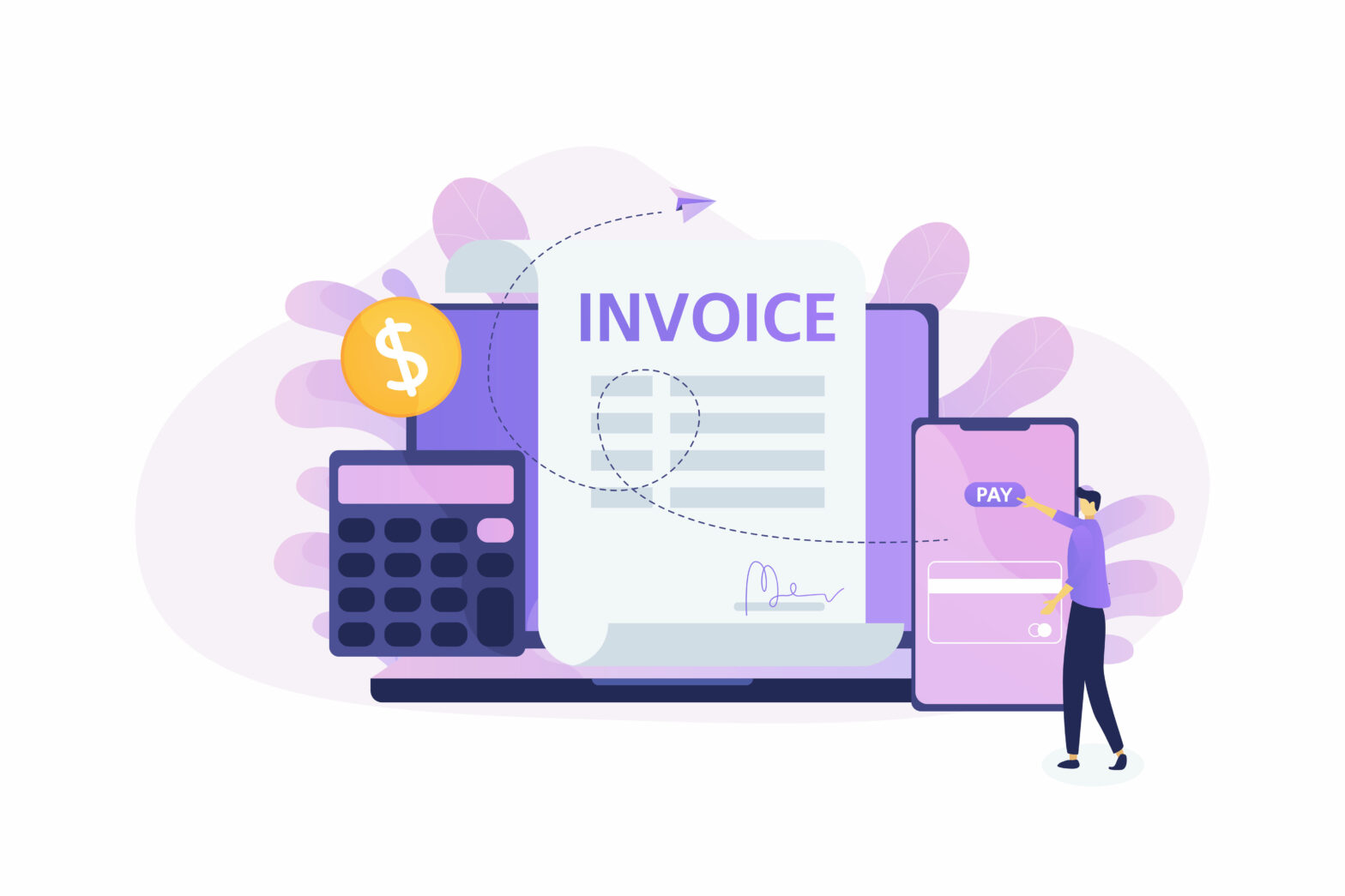The term is relatively new in the world of finance and it was once touted as a potential solution for poverty in different parts of the world. For entrepreneurs, it is perceived to be a welcome aid, but does it really help?
Expert perspective
Finance expert Sharone Perlstein has no qualms expressing his positive opinion on microfinance. For him, it helps low-income individuals in succeeding as entrepreneurs. Access to microfinance services can help startups in building and sustaining their businesses.
Similarly, Perlstein believes that microfinance helps those who have excellent business ideas to jumpstart their entrepreneurial ventures.
Many people in different parts of the world come up with great business ideas but are unable to proceed with them because of the lack of funding. With microfinance, this funding hindrance is addressed.
For Perlstein, microfinance can be used to support emerging markets in developing countries. This is why he made it his personal mission to promote microfinancing in Indonesia. He believes microfinance is highly important to spur economic activity and bring progress to low-income individuals and families. Many people want to work hard and succeed.
They just need financial assistance to proceed with their goals. Unfortunately, it’s difficult to obtain loans the traditional way considering all the requirements and qualifications bank and financial institutions impose.
Skepticism about microfinancing
As mentioned, microfinance was once touted as a solution to address poverty. There are reports, however, that appears to not support this claim. A 2014 piece by The Guardian, for example, revealed that financial inclusion through microfinance is failing to empower the marginalized.
The assertion is that there is no academic evidence that proves the poverty-reduction effects of microfinance.
There are many issues associated with microfinance, most especially on the capitalistic aspect of it. There are even claims that microfinance is only overburdening poor families with more debt.
Does microfinancing help entrepreneurs?
There are no global studies that explore the impact of microfinance on entrepreneurship. As such, it would be difficult to come up with a conclusive answer to the question posited here. However, there is at least one study on the impact of microfinance on sustainable entrepreneurship development in Bangladesh.
The study does not necessarily give a glowing review and outlook of microfinance. However, what the study implies is that there is a need for education and development among entrepreneurs for microfinance to be truly beneficial to them.
There is nothing wrong in Perlstein’s microfinance advocacy. Microfinance certainly has the potential to be helpful to entrepreneurs, but it’s important to highlight the need to train and properly equip entrepreneurs.
Without the right entrepreneurial skills and know-how, microfinance funding cannot be expected to yield the expected benefits.
Looking for finance? SmallBusiness.co.uk is working in partnership with trusted lenders to help you find the best business funding deals. Find out more here.





